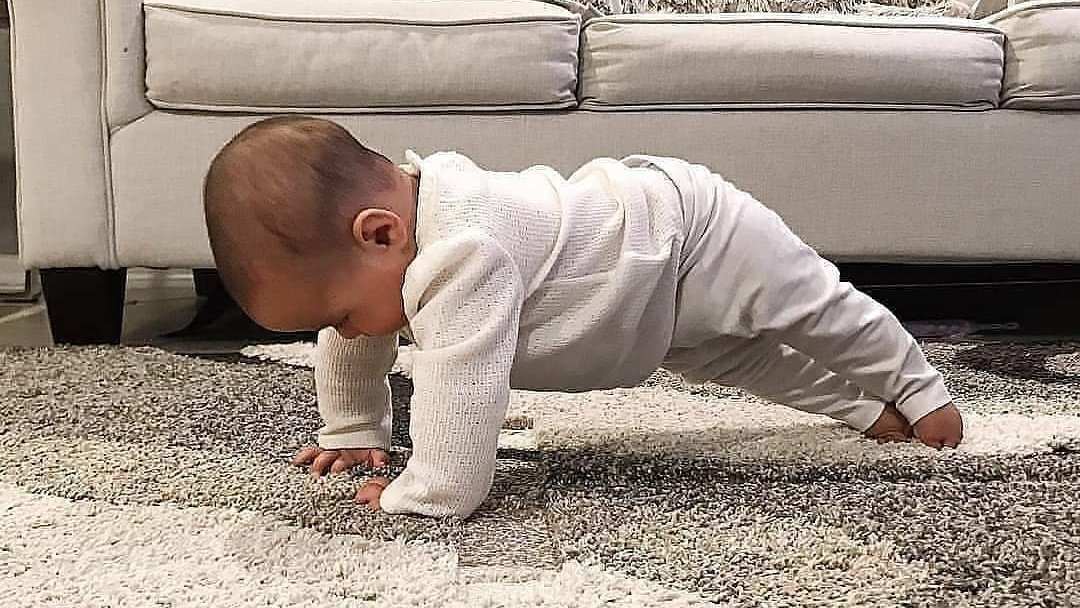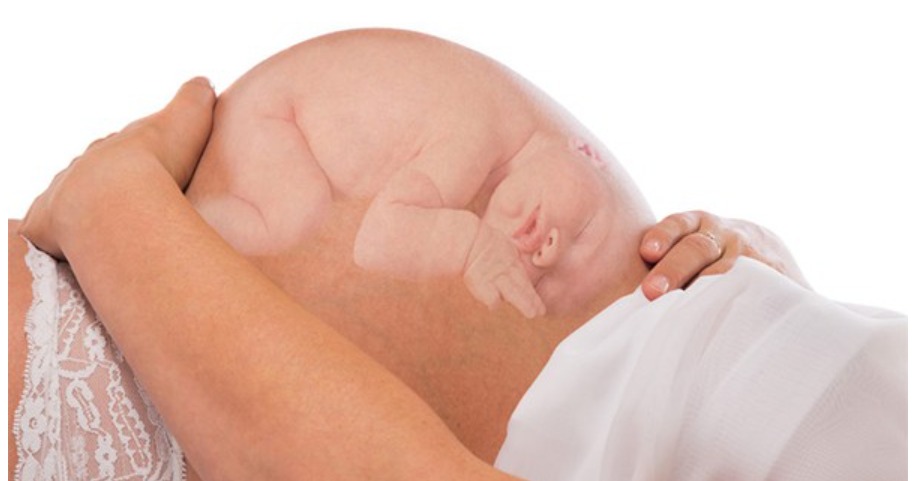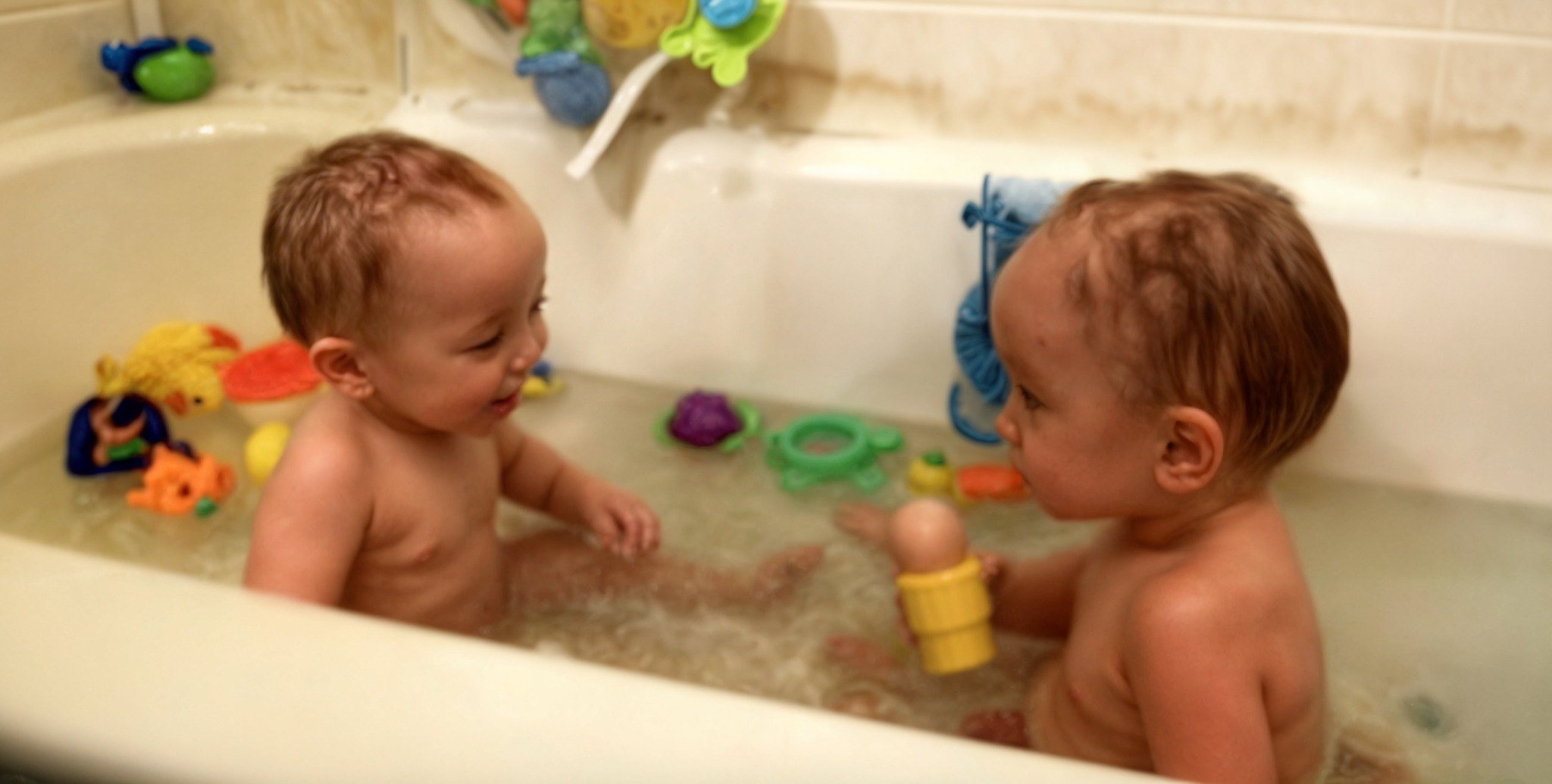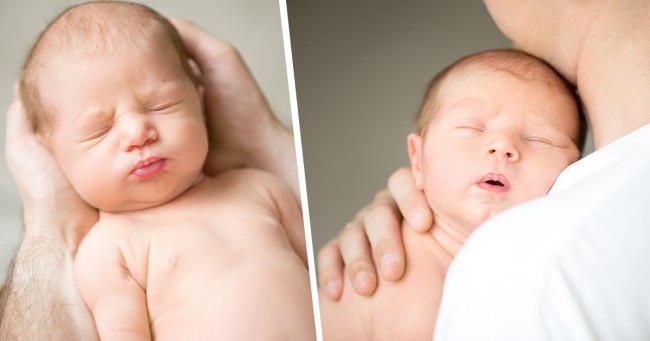Watching Newborns in Action: The Importance of Exercise for Baby Development
There’s something undeniably adorable about watching newborns attempting to move and explore their little bodies. With their chubby limbs and infectious giggles, they never fail to bring a smile to our faces. But did you know that exercise plays a crucial role in a baby’s development? In this article, we will delve into the significance of exercise for infants, as well as provide enjoyable ways to incorporate movement into their everyday activities.
Why Exercise Matters for Babies
Just like adults, babies benefit from physical activity as it promotes healthy growth and development. Regular exercise helps in building strong muscles and bones, improving cardiovascular health, and enhancing overall well-being. For infants, exercise is particularly vital as it supports the development of motor skills, including crawling, walking, and eventually running.

Beyond the physical advantages, exercise also influences a baby’s cognitive and emotional development positively. Research indicates that physical activity can enhance brain function and uplift mood in infants and young children.

While babies may not be ready for the gym or a jog, there are numerous ways to incorporate exercise into their daily routine. Here are some fun and easy ideas to get started:
- Tummy Time: Tummy time is an essential exercise for babies, as it strengthens their neck, back, and shoulder muscles. Start with a few minutes each day and gradually increase the duration as your baby grows stronger.
- Dance Party: Crank up some lively music and have a dance party with your little one. Hold them close and sway to the rhythm or let them wiggle and bounce on their own, fostering their love for movement.
- Baby Yoga: Baby yoga offers a gentle way to stretch and strengthen a baby’s muscles. Online resources provide a wealth of baby yoga routines, or you can create your own by gently moving your baby’s arms and legs into different positions.
- Sensory Play: Engaging in sensory play is not only enjoyable but also encourages babies to move and explore their surroundings. Provide textured toys like soft balls or stuffed animals, and encourage reaching, grabbing, and playful interactions.
- Swimming: Swimming is an excellent low-impact exercise for babies, utilizing water resistance to build strength and coordination. Opt for a warm, shallow pool, and always ensure constant supervision during swimming sessions.
By incorporating these activities into your baby’s routine, you can create an environment that fosters physical development, cognitive growth, and emotional well-being. Remember to tailor the exercises to your baby’s age and developmental stage, and always prioritize safety.
Watching your baby engage in exercise is not only incredibly cute but also a fundamental building block for their overall development. So, embrace the joy of movement and embark on this exciting journey of fostering a healthy and active lifestyle for your little one.
Please ‘SHARE’ this story with a friend or family member!

















































